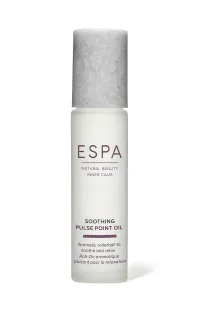How much sleep do I need to wake up feeling refreshed? Here's what the experts say
If you're wondering how much sleep do I need per night, you're in the right place. This is what quality snooze time looks like depending on your age...
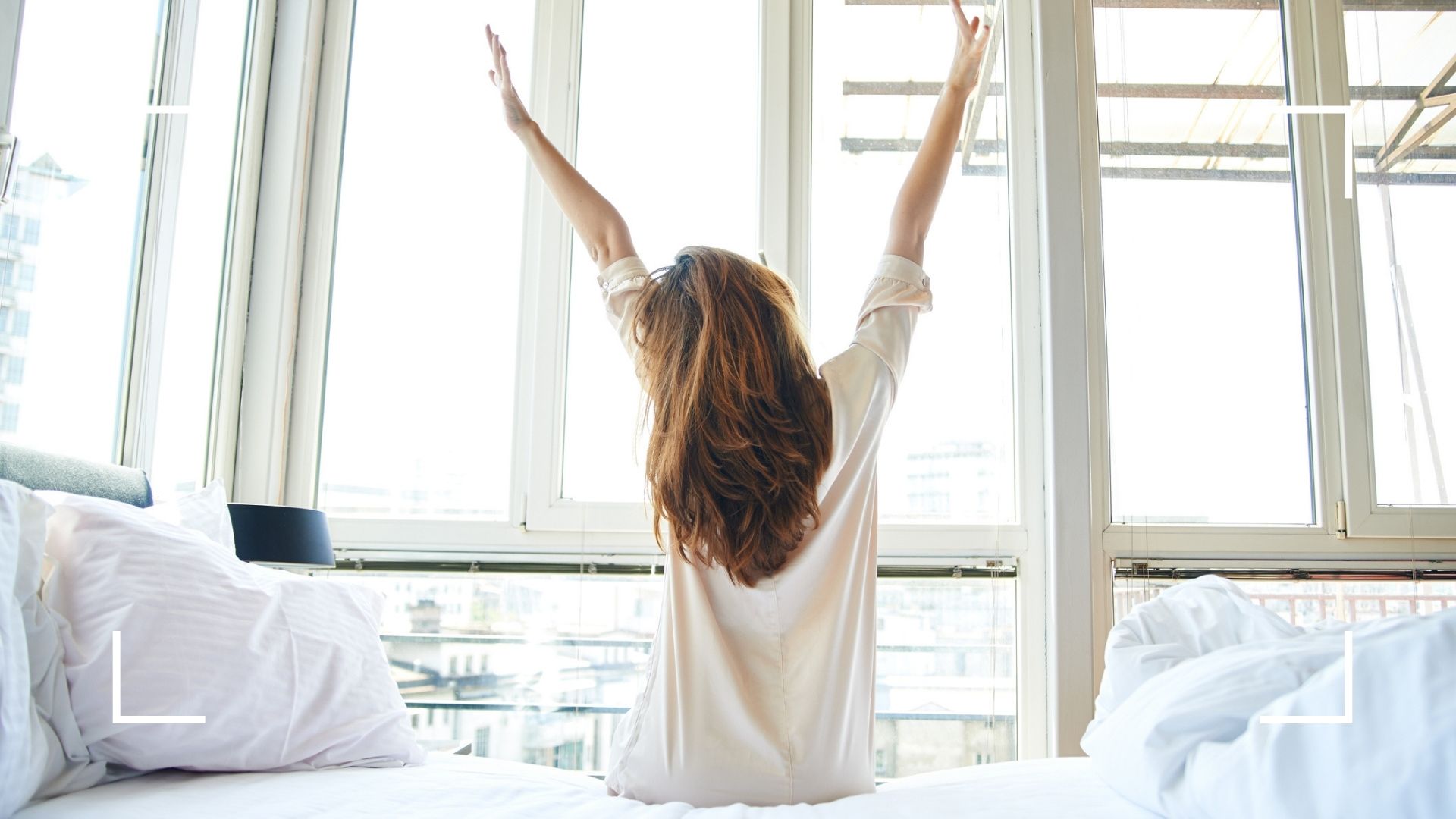
How much sleep do I need? It's a common question—and a good one to be asking if you're looking for effective ways to boost your health.
We often focus on wellness during our waking hours, but the best self-care can be a refreshing night's rest. In fact, we underestimate the importance of sleep more often than not as getting enough quality snooze time allows the body to heal and repair itself.
So, it's well worth your time learning how to sleep better. But there’s far more to good sleep hygiene than going to bed early and using the best pillows and best mattress—although they can certainly help. There are hundreds of factors affecting the length and quality of our sleep, including biological factors such as age.
How much sleep do I need as a woman?
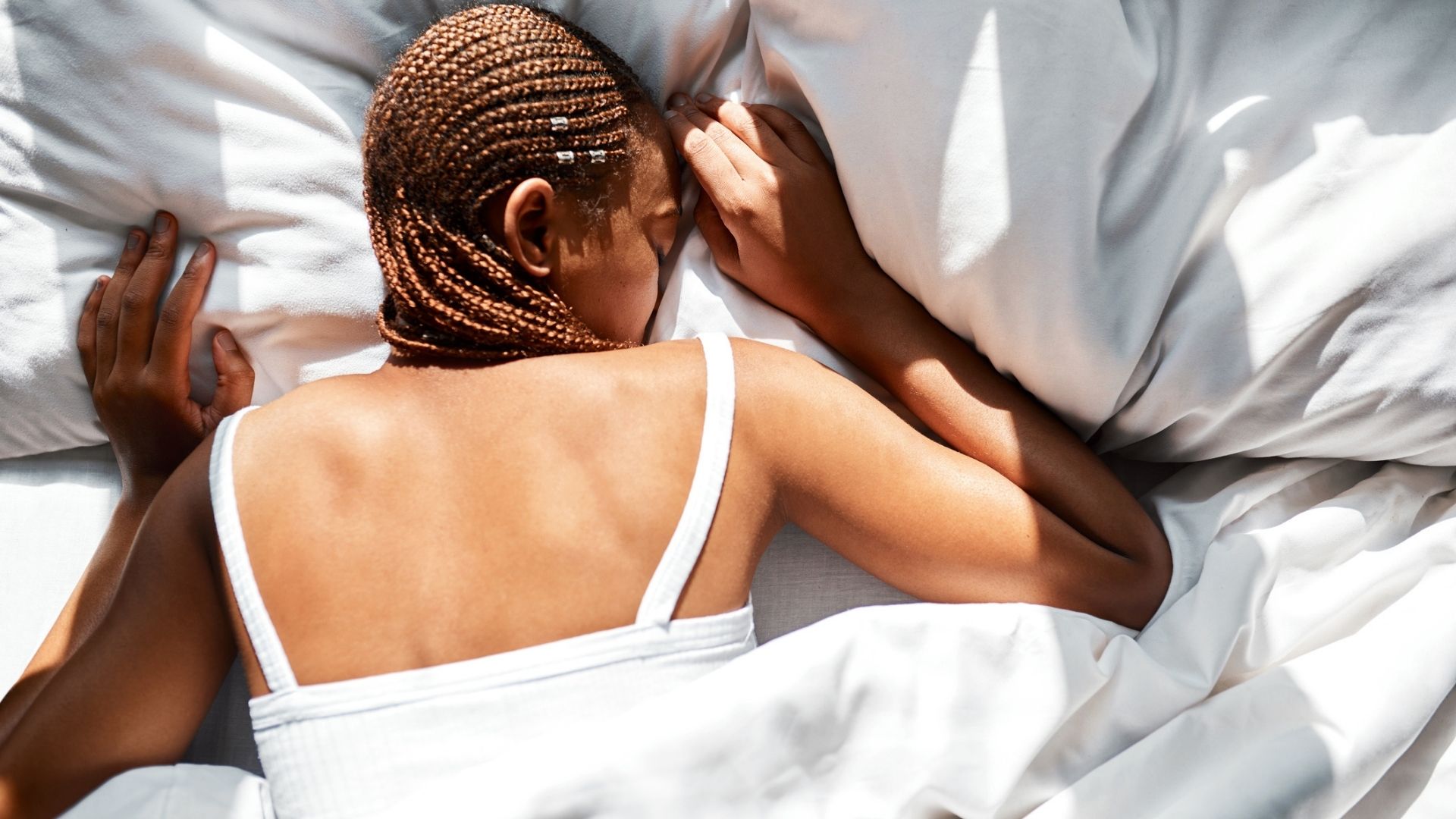
Most adult women will need between six to nine hours of sleep per night, according to the NHS and studies by the National Sleep Foundation. This will allow for our body's essential processes of growth and repair to take place, alongside memory consolidation, and give us enough energy for the following day.
However, further research suggests that women actually need more sleep than men due to how we use our brains. For instance, one study in association with Loughborough University's Sleep Research Centre found that we need more shut-eye since we tend do more multitasking on a daily basis.
"Women have brains which are wired differently than men," explains Professor Jim Horne, study author and director of the Sleep Research Centre. "We found that they needed to get more sleep as they were more likely to be multitasking, and therefore using their brain more."
Despite women's greater need for sleep, we don't generally get enough of it. The problem has even been called "the next feminist issue" by author and businesswoman Arianna Huffington.
Sign up to our free daily email for the latest royal and entertainment news, interesting opinion, expert advice on styling and beauty trends, and no-nonsense guides to the health and wellness questions you want answered.
"Women are more likely than men to experience insomnia and potential underlying conditions, such as depression linked to variations in reproductive hormones," explains Rosie Osmun, a certified sleep coach at Eachnight.
What's more, while both genders suffer cognitive effects from sleep deprivation, it differs in how it manifests. A study by the University of South Australia found that sleep-deprived girls and women tended to do poorer on tests than boys and men. While men are more likely to make riskier choices with a lack of sleep, a study by University of L’Aquila says, women are significantly more likely to make safer and more self-orientated choices.
The evidence is clear that we need enough sleep, but how much specifically will vary depending on how old you are. Is six hours sleep enough? Let's find out.
How much sleep do I need according to my age?
“As we age our circadian rhythms alter, so sleep patterns can shift,” says Dr Uddin. According to the same research from The National Sleep Foundation, the amount of sleep we require declines sharply as we enter adulthood and then continues to slow throughout our lives.
Newborn to 3 months old | 14–17 hours (may need 11–19 hrs)
4 to 11 months old | 12-15 hours (may need 10–18 hours)
1 to 2 years old | 11-14 hours (may need 9–16 hours)
3 to 5 years old | 10-13 hours (may need 8–14 hours)
6 to 13 years old | 9-11 hours (may need 7–12 hours)
14 to 17 years old | 8-10 hours (may need 7–11 hours)
18 to 25 years old | 7–9 hours (may need 6–11 hours)
26 to 64 years old | 7–9 hours (may need 6–10 hours)
65+ | 7–8 hours (may need 5–9 hours)
How much sleep do I need in my teens?
Sleep is crucial for the body during the developmental years, and a minimum of eight hours a night is recommended—but it is possible that teen girls may need even more sleep than the usual eight to 10 hours.
"Women report more sleeping difficulties than men and are at a greater risk of developing insomnia across their lifespan,” says Dr Lindsay Browning, a sleep expert, chartered psychologist and neuroscientist. "This increased risk begins when women first start menstruating."
Sleep differences between women and men emerge in puberty. However, according to Dr Amina Ahmed, an NHS doctor who specializes in women's sleep, they persist at other major hormonal transitions in a woman's life.
"During menstruation, one-third of women experience cramps, headaches and bloating that can cause sleep disturbance," she explains. "The total sleep time stays roughly the same throughout the cycle. Interestingly, women are most likely to report lower sleep quality in the week before their period, when those with severe PMS will also report sleep anxiety, disturbing dreams, sleepiness, fatigue and trouble concentrating."
How much sleep do I need aged 18-25?
Seven to nine hours is the recommended amount of sleep for young adult women, but hormonal changes can affect sleep considerably during this period. Between menstrual cycles, pregnancy, postpartum and conditions like polycystic ovary syndrome (PCOS), adult women’s hormone levels are in a constant state of change and therefore directly affect and intersect with melatonin (the sleep hormone), and cortisol (the stress hormone). Women with PCOS are also at an increased risk of experiencing breathing problems during sleep.
Additionally, when we're worried we can struggle to sleep—and stress levels can be particularly high for females in their 20s. Research by wellness app Sanity &Self has found that millennial women were more likely to experience insomnia multiple times per week than any other group, with 40% suffering stress-induced insomnia two to four nights per week compared to 28% of men.
How much sleep do I need aged 26-64?
According to research linked to the University of Ottawa, the total sleep time needed by women drops by 10 minutes for every 10 years of age. However, while seven to nine hours is the recommended amount, there are many factors influencing this. This includes the perimenopause and the menopause, where fluctuations to the follicle-stimulating hormone and luteinizing hormone can impact sleep quality. The perimenopause usually affects women from their late 40s and early 50s, but it can begin as early as the 20s. Common symptoms are headaches, irregular periods and joint pain, as well as sleep disturbance.
Once menopause arrives, women may experience sleep interruptions due to hot flushes. “Often, these sleep problems can last long after the menopausal symptoms have gone, as women can start to get so stressed and anxious about not sleeping that the stress about sleep itself causes insomnia to continue,” notes Dr Browning. “Not only do hot flushes physically disrupt sleep, but also cause women to experience mood problems as they approach the menopause.”
How much sleep do I need aged 65+?
Women in this age group may only need seven to eight hours. In later life, we may feel tired earlier than before and are also likely to experience fewer sleep disturbances in the years following menopause.
"As we hit retirement age, our circadian rhythms can start to change and we can start to produce melatonin—the hormone that tells our bodies it's time for sleep—earlier in the evening," adds Dr Browning. This tends to make older people want to go to bed earlier and wake up earlier in the morning.
Here are 8 expert tips for a better night's rest
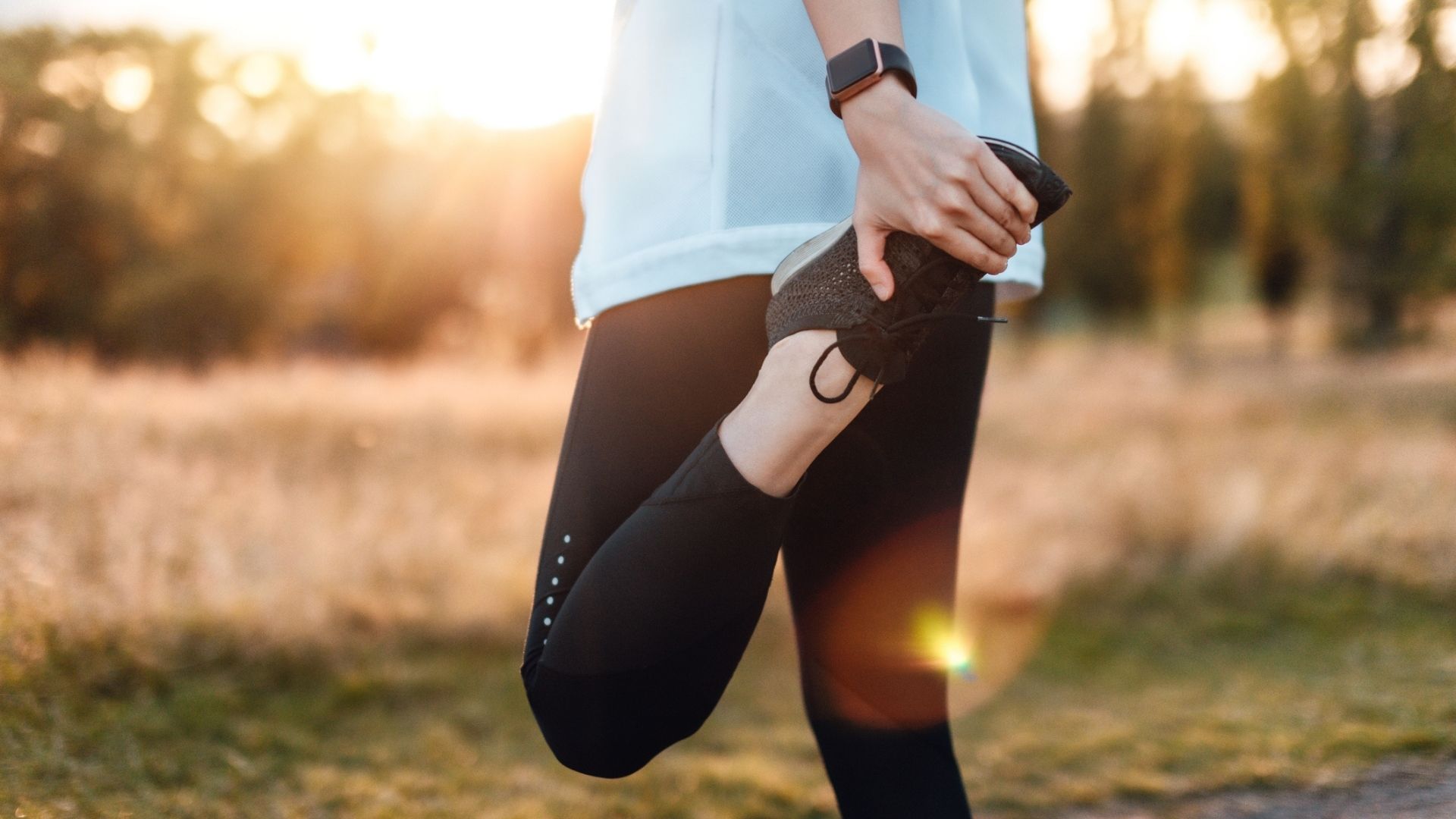
- Track it—use one of the best sleep apps for a few weeks to discover any patterns that could be wreaking havoc on your sleep.
- Be regular—once you've gathered all your sleep data using an app, establish a bedtime and waketime that best suits your sleep needs and stick to it.
- Wind down—whether you listen to sleep-guided meditations or practice bedtime yoga, creating an evening routine full of relaxing activities you enjoy will get your body and mind ready for sleep.
- Prepare well—create a peaceful sleep environment with blackout curtains, comfortable bedding and a room temperature of 75 degrees Fahrenheit.
- Avoid screens—research shows that blue light emitted from devices like phones prevents the body from producing melatonin and therefore delays sleep. So, make your room a screen-free zone and avoid electronics for at least an hour before lights out.
- Eat well—opt for complex carbohydrates and protein-rich meals, and eat at least three hours before bedtime to allow your food to digest properly. Set caffeine and sugar cut-off points earlier in the day and instead enjoy a cup of sleep tea.
- Get outside—fresh air and natural light first thing in the morning resets your circadian rhythm, which is essential in ensuring you produce the sleep hormone melatonin later in the day.
- Exercise—being active can give your sleep health a serious boost and encourage your body to transition into its rest and repair mode faster. Doing high-intensity exercise once a day for at least seven minutes has been proven to help with heart health and sleep quality.
Soothing Pulse Point Oil: £23 | ESPA
Sponsored
If you need a little extra help at bedtime to promote relaxation and get you ready for sleep then this soothing oil could be worth a try. The blend of Sandalwood, Rose Geranium and Frankincense will help your mind and body to unwind thanks to the oils' comforting benefits, while the infusion of calming Myrrh will encourage rest. Simply roll this on your pulse points before bed for a relaxing experience.
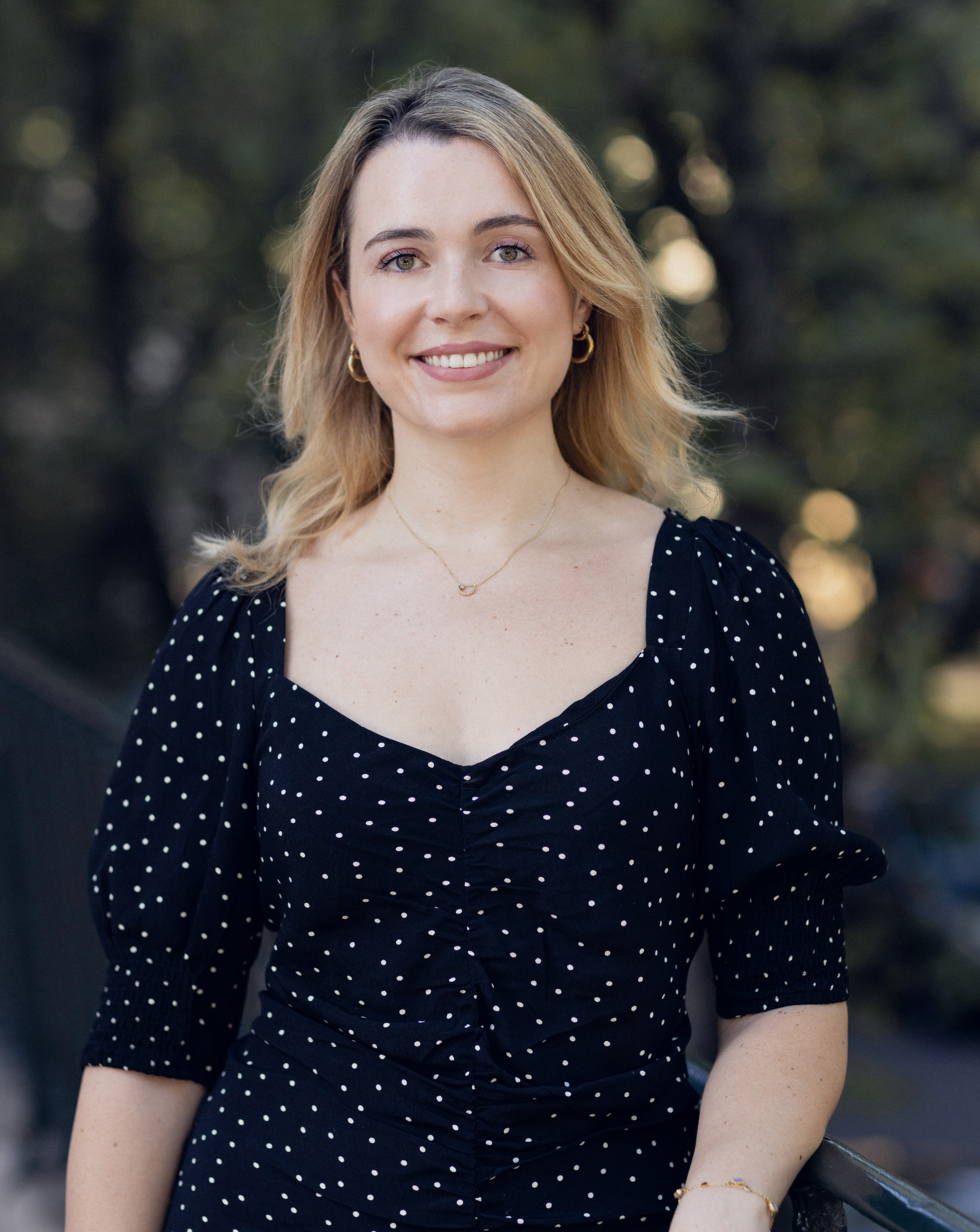
Lauren is a freelance writer and editor with a decade of print and digital journalism experience. While she specialises in covering health and wellness topics - ranging from nutrition and fitness, to women’s health conditions and mental wellbeing - she has written across a diverse range of lifestyle topics, including fashion, beauty, homes, royals and travel.
In addition to writing for Woman & Home and sister title Homes & Gardens, Lauren's work has also been published by Women’s Health, The Times, Daily Telegraph, Elle, Cosmopolitan, The Guardian, Marie Claire, Body + Soul, Stylist, Glamour, Grazia, Red, Dazed Digital, Yahoo Life, The Sun’s Fabulous, Get The Gloss and Hello! among others.


